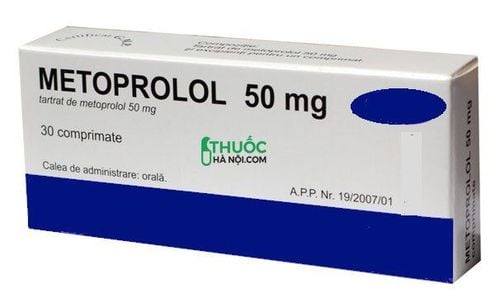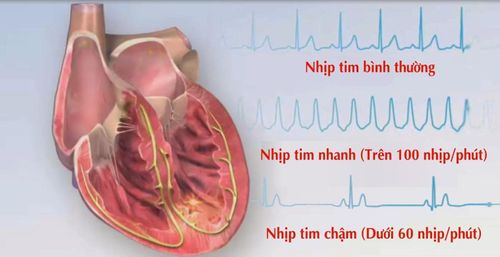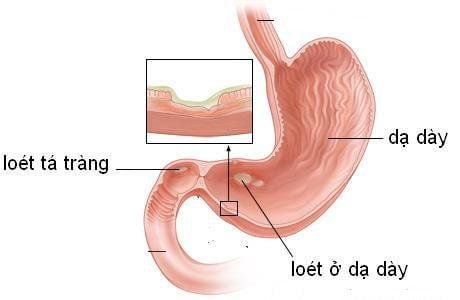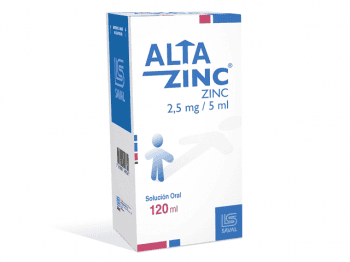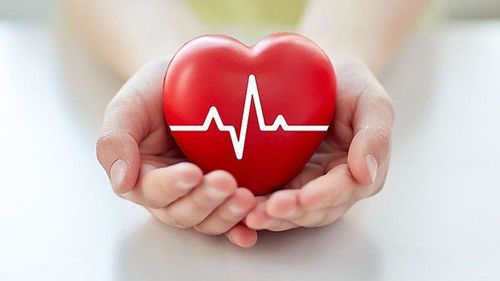This is an automatically translated article.
The article is professionally consulted by Dr. Le Duc Hiep - Internal Medicine and Cardiovascular Interventionist - Cardiovascular Center - Vinmec Times City International General Hospital.An arrhythmia is an abnormal heart rhythm that can occur at any age and at any time. Arrhythmias can cause symptoms such as: palpitations, palpitations, a feeling of loss in the chest, chest tightness or shortness of breath,... To help you understand better about arrhythmias, we would like to introduce Introduce the article below.
1. What is an arrhythmia?
An arrhythmia is an electrical abnormality of the heart, which may be abnormal in pacing or electrical conduction in the chambers of the heart and clinically manifests as: Excessive tachycardia (frequency) > 100 beats/min) or too slow (frequency < 60 beats/min), irregular or fast and slow,... Arrhythmias may be asymptomatic or cause only symptoms such as: palpitations, palpitations, feeling that the heart is beating fast or irregularly,... However, many cases of arrhythmia can be life-threatening and cause the patient to be hospitalized in an emergency. . Arrhythmia is a common disease in daily clinical practice, patients can be detected when going to a general health examination, or another specialty. A large number of elderly patients were diagnosed with cardiac arrhythmias when hospitalized for diabetes, hypertension, and especially AF in patients hospitalized for stroke. cerebrovascular. To better understand arrhythmias we will start by understanding the normal physiological heart rhythm.Trắc nghiệm: Bạn có hiểu đúng về huyết áp cao không?
Huyết áp cao còn được gọi là kẻ giết người thầm lặng vì bệnh thường không có triệu chứng. Thiếu hụt kiến thức về huyết áp cao có thể làm cho tình trạng bệnh trở nên trầm trọng hơn. Dưới đây là những câu hỏi trắc nghiệm vui giúp bạn hiểu đúng về bệnh cao huyết áp.2. What is a normal heart rate?
A normal heart rhythm is a heartbeat that originates in the sinoatrial node and is conduction causing atrial depolarization, then conduction through the AV node/His bundle and the Purkinjer network (the AV node/His-Purkinje). system) causes ventricular depolarization to help the ventricles. This activity takes place in a rhythmic manner that forms cycles and is relatively regular.So if the sinus rhythm is normal, what will you see?
Heart rate at rest ranges from 60 to 100 cycles/min. Normal sinus rhythm will not cause any symptoms, sometimes you feel nervous, feel heart palpitations in some situations such as: Emotions, anxiety, fever, ... and these symptoms will quickly return to normal.
3. What signs suggest pathological arrhythmias?
Arrhythmias sometimes do not cause uncomfortable symptoms for patients, especially chronic arrhythmias, so that patients may not feel the symptoms it causes, but the disorder Arrhythmias can also cause serious symptoms that you need to be aware of. Some notable arrhythmia symptoms include:Palpitations – a typical and common symptom of arrhythmia. This is the most common symptom of a patient coming to the doctor with an arrhythmia: a feeling of the heart pounding in the chest, which may be accompanied by a feeling of loss, feeling like the heart stops beating and then beats again. return, this symptom is often reported by the patient with palpitations - palpitations
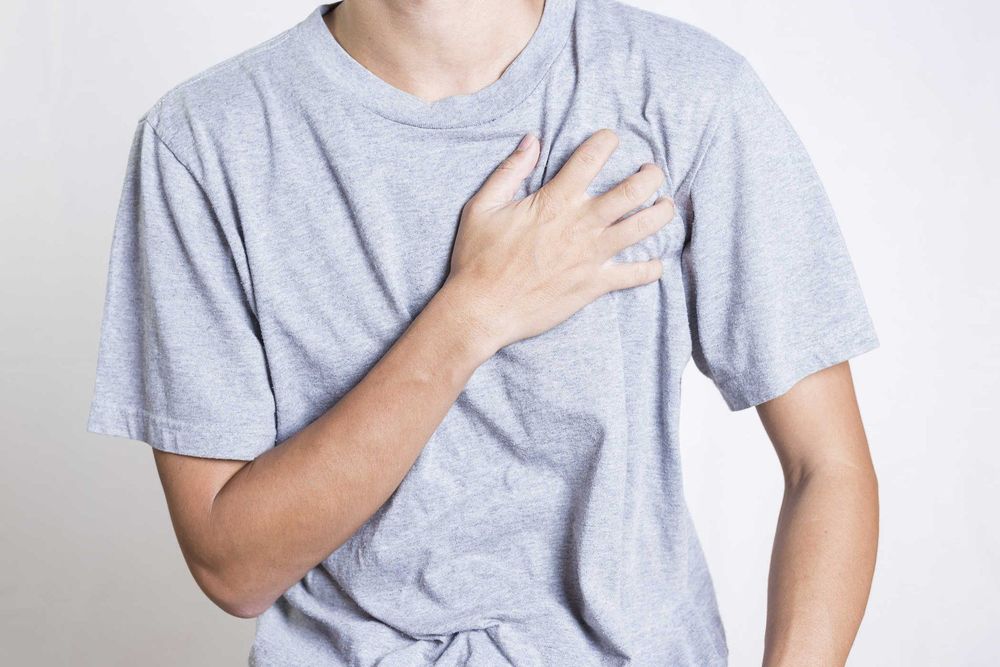
Đánh trống ngực – triệu chứng điển hình và hay gặp của bệnh lý rối loạn nhịp.
Dizziness due to arrhythmia Dizziness is often described as a feeling of lightheadedness, rotation of objects around, or of the patient itself, accompanied by a feeling of loss of balance. Dizziness is not a disease but a symptom of many different diseases and one of the dangerous diseases that is always mentioned is arrhythmia.
Fainting – a symptom of a dangerous tachycardia arrhythmia Syncope is a condition in which a person suddenly loses consciousness for a short period of time. This is a very worrying symptom because it can lead to serious injury, especially if you pass out while driving or climbing stairs. Today, with many methods to diagnose the cause of syncope, and especially, there are two modern methods being used at Vinmec Times City hospital: tilt table test and electrophysiological exploration and treatment techniques. Radiofrequency ablation (RF) for the diagnosis and treatment of dangerous arrhythmias
4. Who is at risk of arrhythmias?
The disease can be seen at any age and in both sexes, but according to statistical studies, arrhythmias are more common in the following subjects:Age over 60. Patients with hypertension. Coronary artery disease. Heart failure . Heart valve disease. History of open heart surgery. Stop breathing while sleeping. Thyroid disease. Diabetes. Chronic lung disease. Alcohol abuse or drug use. Infections or serious medical conditions over 60 years of age.
5. Advice for people with arrhythmias
First, if you have symptoms that suspect an arrhythmia, you should go to a cardiologist, for advice and examination.The following are useful tips for patients with arrhythmia:
A healthy heart-healthy diet: Eat a lot of fruits, whole grains, vegetables. , tubers, fruit, and skinless poultry, beans, and products that do not contain fat. Limit foods that are high in saturated fat and cholesterol, such as egg yolks, or red meats. Eat less salt and sugar.

Tăng cường ăn thật nhiều các loại trái cây, các loại ngũ cốc nguyên hạt, rau, củ, quả, và thịt gia cầm bỏ da, đậu và các sản phẩm không có chứa các chất béo để giảm nguy cơ rối loạn nhịp tim.
Vinmec Cardiology Department has always received much praise and satisfaction from domestic and international customers, being pioneers in successfully applying the world's most advanced techniques in the treatment of cardiovascular diseases. .
A team of highly qualified and experienced specialists: qualified doctors from Master's to Professor's and Doctor's degrees, reputable in medical treatment, surgery, interventional cardiac catheterization. Intensive training at home & abroad. In particular, Prof. TS.BS Vo Thanh Nhan - Cardiology Director of Vinmec Central Park was recognized as the first and only expert in Vietnam to be awarded the "Proctor" certificate on TAVI. State-of-the-art equipment, comparable to major hospitals in the world: The most modern operating room in the world; The most modern silent magnetic resonance imaging machine in Southeast Asia; The CT machine has a super-fast scanning speed of only 0.275s/round without the use of drugs to lower the heart rate; 16-sequence PET/CT and SPECT/CT systems help to detect early damage to cardiovascular organs even when there are no symptoms of the disease. Applying the most advanced advanced cardiovascular techniques in the world in treatment: Painless open heart surgery; Percutaneous aortic intervention without general anesthesia; Treatment of mitral regurgitation through the catheter has a success rate of 95%; Ventricular-assisted artificial heart transplantation for patients with end-stage heart failure prolongs quality of life beyond 7 years. Cooperating with leading cardiovascular centers in Vietnam and the world such as: National Heart Institute, Cardiology Department of Hanoi Medical University, University of Paris Descartes - Georges Pompidou Hospital (France), University of Pennsylvania (France), University of Pennsylvania United States)... with the aim of updating the most modern cardiovascular treatments in the world. To register for examination and treatment with the leading doctors of the Cardiology Department at Vinmec International General Hospital, please contact the website for service.
Please dial HOTLINE for more information or register for an appointment HERE. Download MyVinmec app to make appointments faster and to manage your bookings easily.




